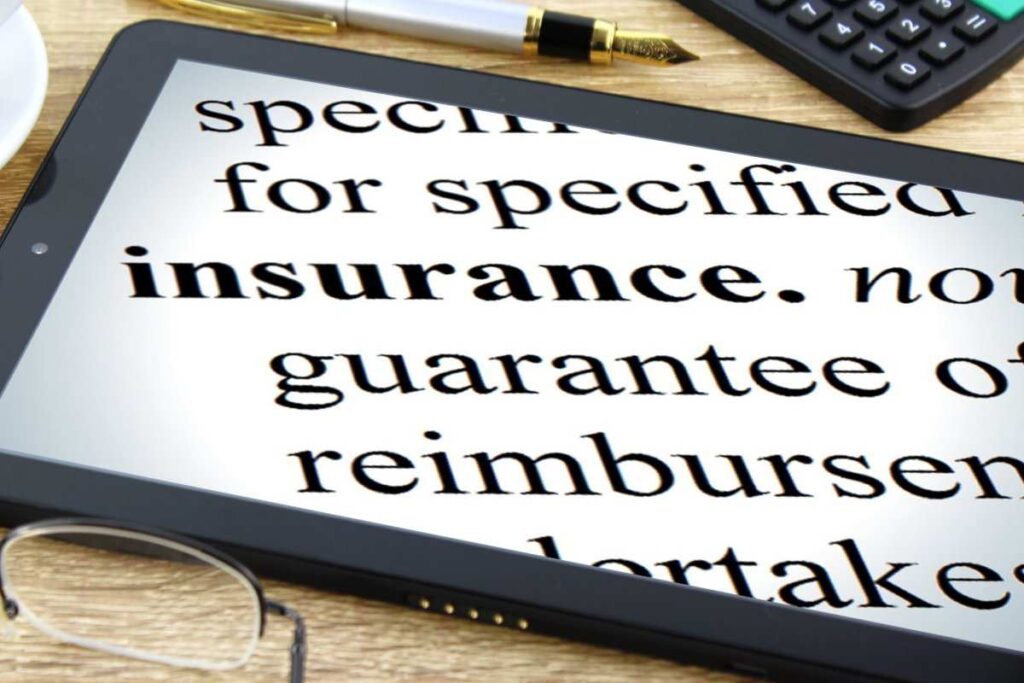I have never been a fan of too much insurance for businesses who are just starting out. As I shared in Insurance – Your Friend or Your Enemy?, I believe that insurance can sometimes create gravity for lawsuits. Moreover, when a business is starting out there are many demands for cash, and paying for insurance can place a demand on a small businesses’ cash flow when they are the most vulnerable. However, when mentoring and consulting with small business clients, the topic of what type of insurance they should consider often comes up. While there are many different kinds, here is a list of the 10 most common types of business insurance to consider.
General Liability
General liability insurance covers claims made by third parties against your business for accidents that resulted in injuries or damage to their properties. General liability coverage also protects a business from personal injury claims.
If in the normal course of business you get visits from clients, or you or your employees ever visit a client’s site, it is highly recommended to have general liability insurance. In fact, general liability coverage is often required by some clients. Businesses are sometimes required to show proof by having the client listed as an additional insured party under the company’s policy.
Of all the types of insurance available, general liability is one I believe most Business to Business (B2B) companies should consider getting, even when starting out.
Business Personal Property
Business personal property insurance protects the movable things at your office including furniture and tools. Business personal property coverage also protects your equipment, such as tools, when you’re working out of the office. This means that if an asset under the policy is lost, damaged or stolen, you’re covered.
Errors and Omissions
Errors and omissions insurance- sometimes called professional liability insurance- protects your business against claims made when you or someone you employ makes a mistake. Errors and omissions coverage pays for both legal defenses and damages.
Directors and Officer
Many businesses employ a board of directors who make sure that the business is run well. Directors and officer insurance protects the people who run your business, such as directors and officers, against claims. Some possible areas of dispute include investigations into how the company’s money is spent, health and safety failures or regulations that are not being properly followed.
Workers’ Compensation
Workers’ compensation insurance protects a business by covering the costs incurred by a workplace injury. Compensation includes the salary of employees who are injured, payment for hospital and medical bills, and even death and other related costs if an employee is killed on the job. Workers’ compensation insurance is mandatory for businesses with employees, and requirements will vary by state. However, business owners can often exempt themselves from being covered by workers’ compensation insurance.
Cyber Liability
Even if you have sufficient security in place, many businesses may benefit from cyber liability insurance. If a cyber-attack or data breach occurs, dealing with the fallout and getting a business back up and running can be quite costly. Cyber insurance covers the costs for replacing hardware and software, lost earnings for the business if an attack leaves it unable to operate, legal fees that may arise from customers who file a lawsuit based on a data breach, a PR campaign to resolve reputation management issues, fines and penalties that may be given to the business, and even hiring experts to help deal with it all.
Commercial Property
Commercial property insurance protects your workplace from natural disasters such as fires, floods, even theft, and is often included in a small business continuity plan. The premiums charged for a commercial property policy is based upon the type of business, its location, the type of construction of the building, the occupancy of the building, and any preventative measures taken by the business to prevent loss.
Business Interruption
Business interruption insurance can cover the costs associated with a loss of income after a disaster. Some business interruption policies will even cover the costs of moving to a temporary location and employee wages. Business interruption is not limited to just fires and floods. A power surge could knock your servers offline, causing a loss of revenue. Generally speaking, business interruption insurance is bundled with commercial property insurance or the business owner’s other policies.
Auto Liability
If you or any of your employees use a vehicle as part of their work, you will likely need some form of commercial auto liability insurance. Oftentimes when an employee uses their own vehicle for business purposes, the individual’s auto insurance policies may not cover an accident while on business.
Product Liability
Product liability insurance is generally for businesses that manufacture or sell physical products. Product liability coverage protects a business against injury or damage lawsuits that occur as a result of all faulty or defective products made or are sold by you. Did you know that even if your business didn’t manufacture a product, your business could still be sued just for selling it? Product liability insurance also applies to businesses that only sell a faulty or defective product.
Have you considered which type of small business insurance is right for your business?
I would like to acknowledge Chuck Bader of both My Insurance Team and Retire-Mint for his gracious assistance as a reviewer to make sure that the information conveyed in this post is accurate.












